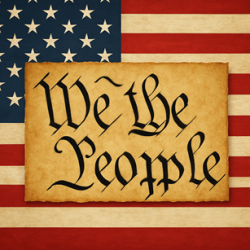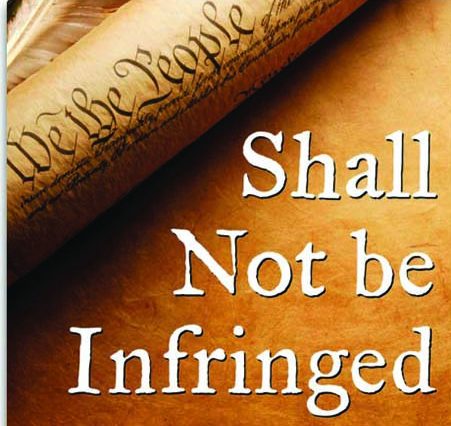There is currently a legal case affecting Second Amendment rights, in which the Department of Justice and the ATF are advocating to maintain restrictions on non-residents purchasing handguns in states where they do not reside. Notably, these restrictions would not apply to rifles.
It is imperative that the President and the Department of Justice reconsider their position, withdraw any opposition to this case, and allow a judgment in favor of the plaintiffs.
Here is my letter I sent:
Dear President Trump, and DOJ Pam Bondi
I ask that you instruct DOJ, Pami Bondi, to withdraw any opposition to this action and to grant judgment in favor of the Plaintiffs. Based on the case and statements below.
The case you’re referring to is Elite Precision Customs LLC v. Bureau of Alcohol, Tobacco, Firearms and Explosives (ATF), filed on January 20, 2025, in the United States District Court for the Northern District of Texas (Fort Worth Division). The case number is 4:25-cv-00044.Firearms Policy Coalition+4NationBuilder+4CourtListener+4Firearms Policy Coalition+1
Case Overview
This lawsuit challenges the federal ban on interstate transfers of handguns from federally licensed firearms dealers (FFLs) to individuals who are not residents of the state where the dealer is located. Plaintiffs argue that this restriction infringes upon the Second Amendment rights of individuals and businesses.GIFFORDS+3NationBuilder+3Firearms Policy Coalition+3
Second Amendment to the United States Constitution (ratified 1791):
“A well regulated Militia, being necessary to the security of a free State, the right of the people to keep and bear Arms, shall not be infringed.”
“Infringe” was stronger than merely regulate; it implied violation, encroachment, or impairment of a right. It was not used lightly; “infringe” suggested denying or materially restricting a right rather than simply placing conditions on it.
Implication for the Second Amendment
The Framers’ use of “shall not be infringed” suggests that the right to keep and bear arms was meant to be absolute in its protection against government encroachment, though subsequent interpretation has allowed for some regulation that doesn’t destroy the right.
For example, minor regulations constitute infringement; laws that effectively prohibit the right would have been considered infringing in 1791.
Origin / Source
From Latin infringere (“to break, violate”). Common in legal texts and dictionaries of the 18th century.
From Latin incrocare or French encrocher, meaning “to hook into” or “advance beyond proper limits.” Used in legal and property contexts.
Samuel Johnson, 1755
“To violate; to transgress; to break a law or right.”
“To advance beyond proper limits; to intrude.”
Blackstone, 1765–1769
Acts that breach or diminish established rights or liberties.
Acts that intrude upon another’s lawful rights or property, including civil liberties.
Strength / Severity
Stronger: implies violation or material impairment of a right; actionable in law.
Strong but slightly more gradual: implies intrusion or gradual trespass, may or may not constitute full violation, depending on context.
Legal / Rights Implication
Government or individual cannot infringe a right without overstepping legal bounds; protection is absolute.
Encroachment is an unauthorized intrusion; often gradual or creeping; legally objectionable but may describe minor or developing overreach.
Example (18th c. rights context)
“A law prohibiting all citizens from bearing arms infringes the right to keep and bear them.”
“A law requiring burdensome regulations before exercising the right may encroach on the right, depending on severity.”
Thank you,
Stand up for our RIGHTS and make America Great Again
Feel free to ask me about anything, including comments on articles, questions you may have.
Copyright Notice © 2025 Cecil Wayne Thorn Permission is hereby granted, free of charge, to any person obtaining a copy of this work authored by Cecil Wayne Thorn, to distribute, display, and reproduce the work, in its entirety, including verbatim copies, provided that no fee is charged for the copies or distribution. This permission is granted for non-commercial distribution only.


